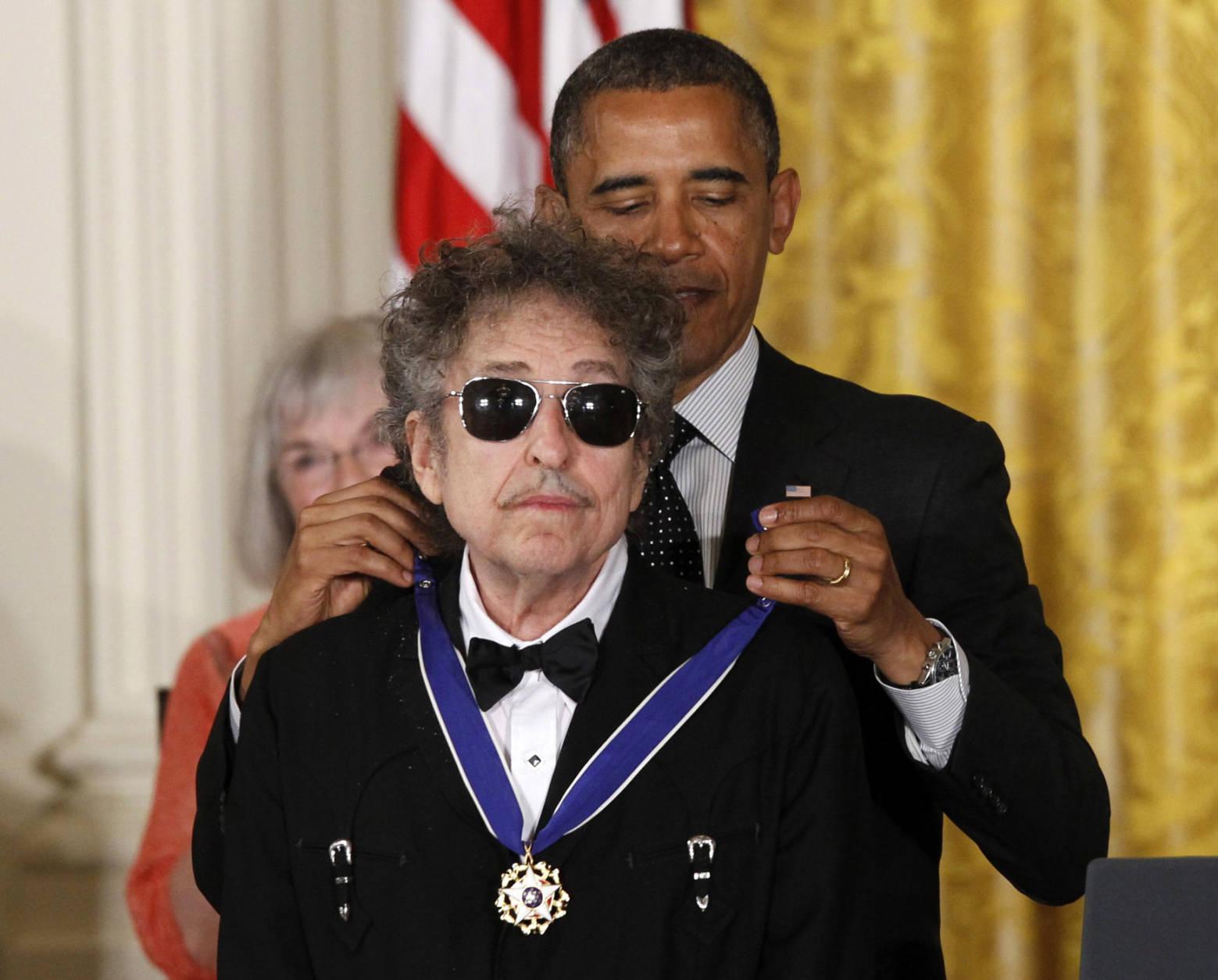Last week was a busy week in Sweden and Norway for the Nobel Foundation as they honor the yearly ritual of satisfying the will of Alfred Nobel. International watchers called the week “The Nobel Week” because it was dedicated to honoring the significant efforts of people who have strived to make impacts on humanity in their varied fields.
The United States had its share of the Nobel honors, as seven of this year’s laureates are American. Oliver Hart of Harvard University and Bengt Holmström of the Massachusetts Institute of Technology won the Nobel Prize in Economics “for their groundbreaking work on how to make contracting more fair and effective by designing contracts that discourage corruption and abuse” according to the Swedish Academy.
The Nobel Prize in Physics was won by Duncan M. Haldane of Princeton University, David Thouless of Yale University and Michael Kosterlitz of Brown University “for theoretical discoveries of topological phase transitions and topological phases of matter.” Sir J. Fraser Stoddart, of the Northwestern University, Evanston, IL, won the Nobel Prize in Chemistry “for the design and synthesis of molecular machines.” Finally, the much anticipated and arguably the most betted category, the Nobel Prize in Literature was awarded to Bob Dylan “for having created new poetic expressions within the great American song tradition.” One thing that six of the seven American Noble Laureates of this year have in common is their immigrant background. All of the winners except Dylan were not born in America but became Americans by choice, contributing their efforts to the making of the country. Reflecting on some current happenings, Stoddart told The Hill that the U.S. should be “welcoming people from all over the world, including the Middle East”. Stoddart was born in Scotland and naturalized as a U.S. citizen in 2011.
Speaking to the immigration policies being discussed during this election period, he said “I think the United States is what it is today largely because of open borders.” Duncan Haldane was born in London, U.K. In an interview with The Hill he noted that the U.S. immigration process is a “bureaucratic nightmare for many people.” The Nobel Laureates in Economics are British and Finnish immigrants. Thouless is Scottish.
While a lot of predictions on the prize in Literature were in favor of the only African contestant, Professor Ngugi wa Thiong’o of the University of California-Irvine, the prize went to the American poet and musician Bob Dylan. A professor of English at the Norwegian University of Science and Technology, Professor Annjo Klungervik Greenall, said “It’s great that Bob Dylan has received the literature prize. It provides attention to lyrics as a literary text.” Dylan “… takes up heavier topics than most, and portrays himself as a thinker and intellectual. He writes lyrics less like classic songwriting and more like a poet” said Greenall to Universitetsavisa, a Norwegian newspaper. “This is something that has not gone unnoticed by people” Greenall continued. “Meanwhile his music is in popular genres. Had it not been there, he could easily have been an unknown songwriter among many other intellectual songwriters who often dress their lyrics with more inaccessible music” she concluded. The Nobel Prize was established as requested by Alfred Nobel in his final will signed on November 27, 1895, at the Swedish-Norwegian Club in Paris.
The final will demanded that his estates be used to award “prizes to those who, during the preceding year, shall have conferred the greatest benefit to mankind.” After his death, his family contested the content of the will for five years. The first Nobel Prize was awarded in 1901. From 1901 to 2015, 885 people and 26 organizations received the Nobel Prize. Some few individuals and organizations received the award more than once in their lifetime. This means that 881 people and 23 unique organizations won the award since its inception. The award was not given to anyone on a number of occasions, at least 49 times. The majority of this period was during World War I (1914-1918) and World War II (1939-1945).


